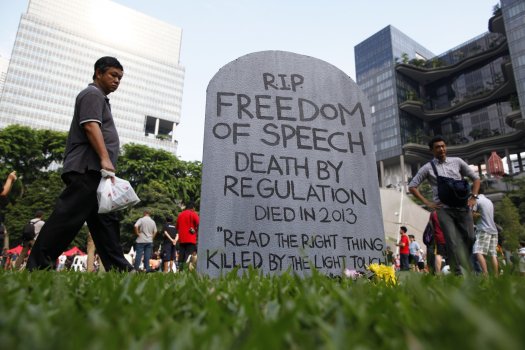Citizen Journalism is defined as “the involvement of non-professionals in reporting news, especially in blogs and other websites” by dictionary.com. In the modern world, citizen journalists have effectively spread news through a variety of social platforms, most namely twitter. Citizen journalists also often have blogs, where the difference between news and opinion gets blurred. The Libertarian Vindicator is a political blog with multiple contributors who discuss issues such as free speech in relation to the Libertarian party.

One of the authors, Robert J. Bentley, has written a few free speech related pieces: “Burning the American Flag is a Demonstration of a Free Society”, “Congress Just Violated Our Privacy By Allowing Our ISP’s To Sell Our Data” and “Are We Witnessing the Next Watergate Scandal?” Bentley’s articles are more opinionated, using titles such as “Congress Just Violated Our Privacy By Allowing Our ISP’s To Sell Our Data” to fully demonstrate his opinions. Blogs like these are important to spread different ideas, but they could show a bias that some people may not be able to detect. The biggest difference between an article written by a citizen journalist and a professional journalist is the language. While a casual tone is easier to read and more relatable, it gives the writer less credibility. For example, The Washington Post published a piece about burning the flag and comes to the same conclusion as Bentley, titled “President-elect Trump wants to ban flag-burning. Here’s why the Constitution protects it.” However, the article is written in a way that does not show the writer’s bias and just simply informs the reader.
Citizen journalists are important in times of duress, such as a mass shooting or a prolonged protest, like the Ferguson protests. They can, however, spread false information that is detrimental to the situation at hand. The Boston bombers were misidentified by Redditors on mission to help the police, and in doing so they falsely accused an innocent person.

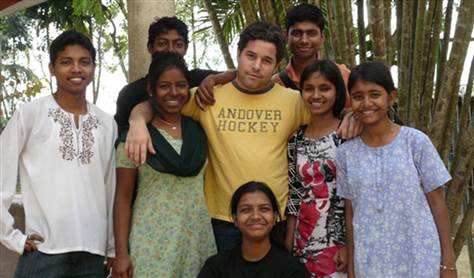





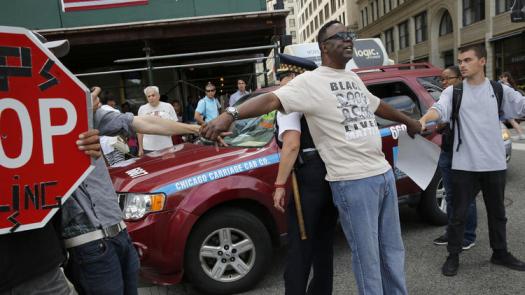
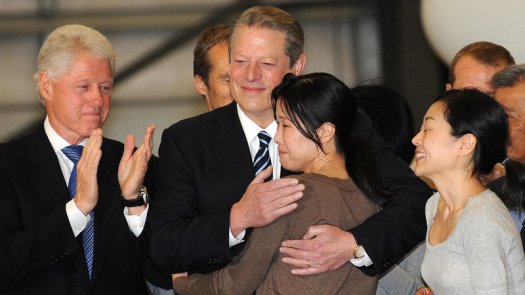
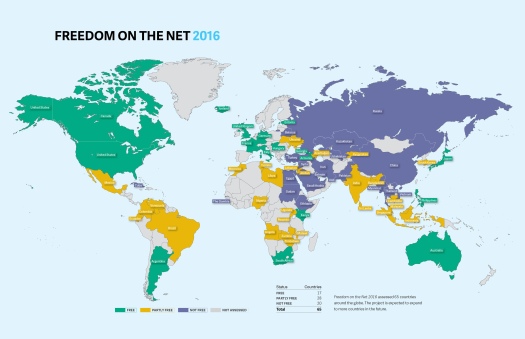

 In the same survey, Americans surveyed above the global median in support of freedom of expression.
In the same survey, Americans surveyed above the global median in support of freedom of expression.

